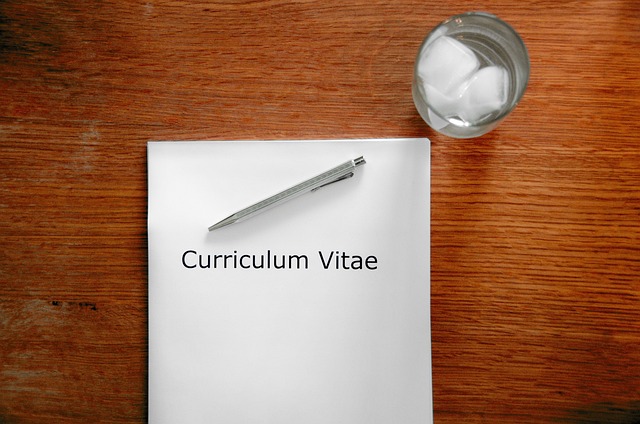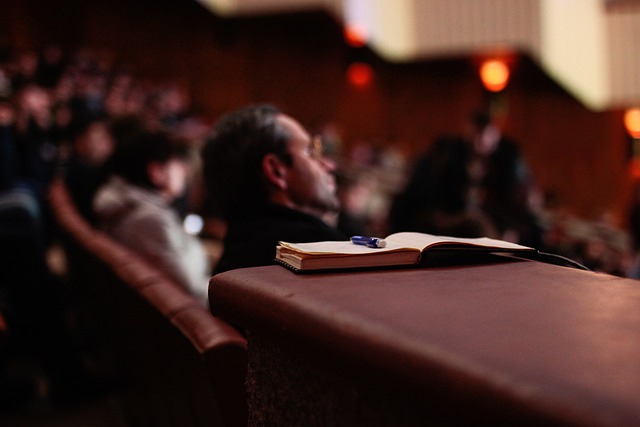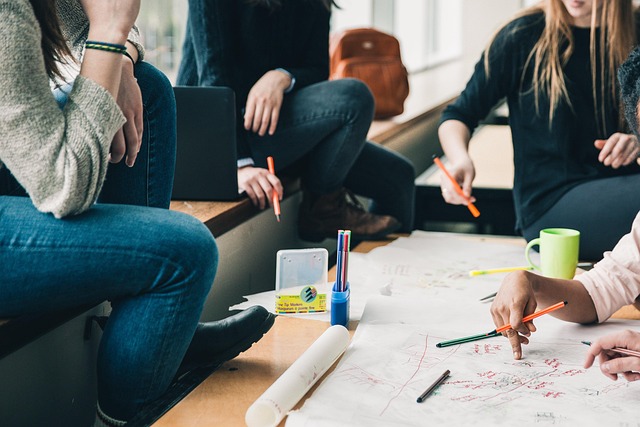Reflecting on Learning: A Self-Assessment of Curriculum
Embarking on an educational journey often comes with feelings of excitement and challenge. As learners, whether in formal classrooms or self-guided paths, we continuously interact with the curriculum laid before us. Taking a moment for self-assessment of the curriculum offers more than just a review of materials—it becomes an opportunity to understand how learning resonates with our personal growth and goals.
Learning is not a passive activity; it is deeply personal and dynamic. When we pause and reflect on the courses, lessons, and topics we’ve engaged with, we begin to identify what truly sparks our curiosity. It’s during this self-assessment phase that we can acknowledge our strengths and discover areas that need more attention. Are the topics relevant to your real-life experiences? Does the curriculum challenge you to think critically and creatively? Answering these questions nurtures a stronger connection to your educational experience.
Many of us have encountered moments where the curriculum felt disconnected from our aspirations or daily realities. This disconnect can lead to disengagement or frustration. By practicing a consistent self-assessment of the curriculum, learners gain the clarity to adapt strategies, seek additional resources, or even suggest changes that make learning more meaningful and effective.
Moreover, this reflective practice empowers learners to take ownership of their education. When you actively evaluate what you’ve learned and how it fits within your broader journey, you become an advocate for your growth. It transforms the curriculum from a static list of requirements into a living, evolving roadmap tailored to your unique path.
Whether you’re a student, educator, or lifelong learner, incorporating self-assessment of the curriculum into your routine is a transformative step. It brings awareness to your progress, reignites motivation, and ultimately makes learning a more fulfilling and authentic experience.



